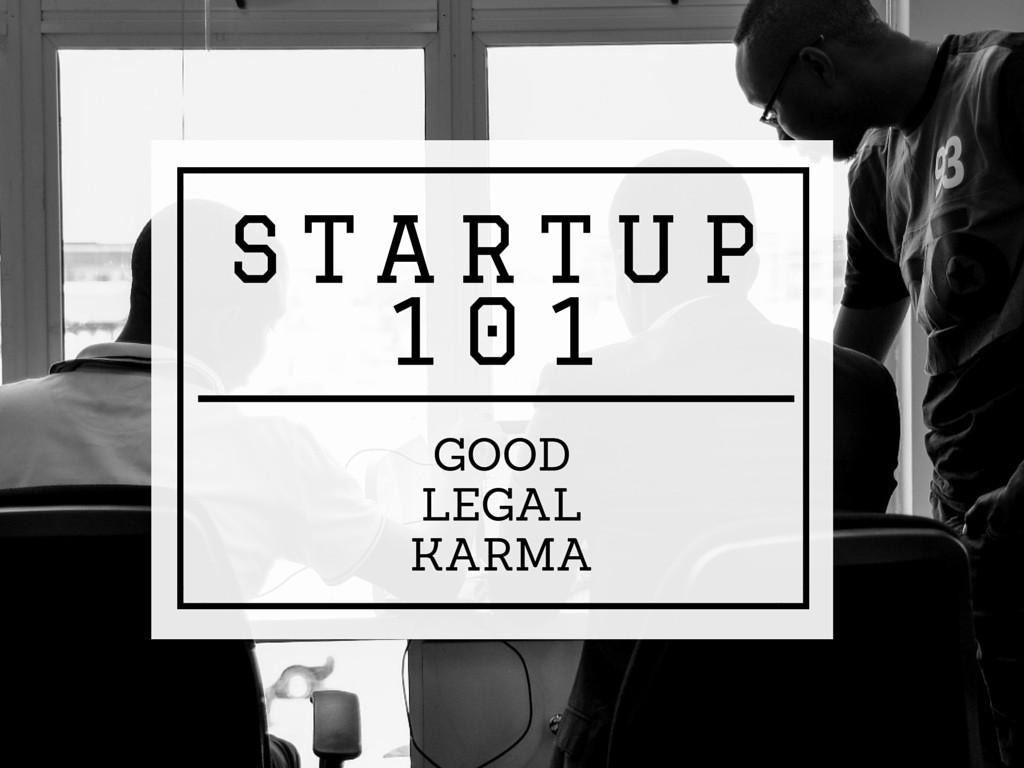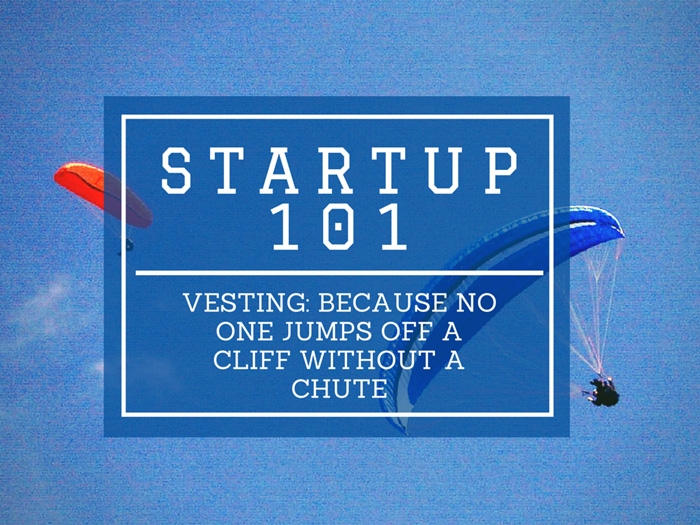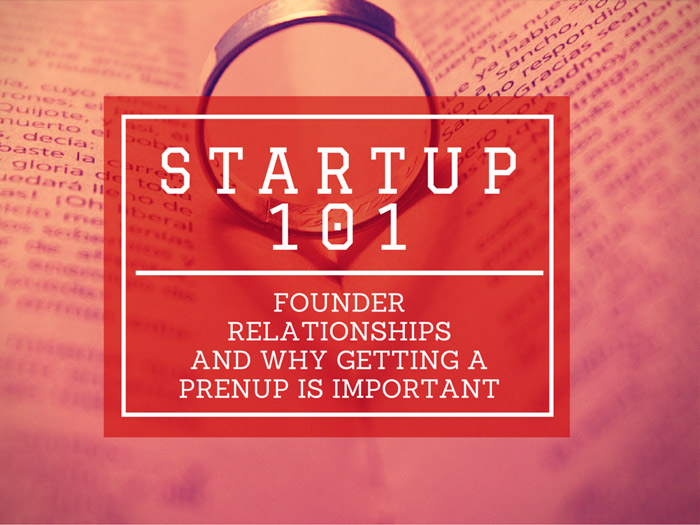This article is part of the Startup 101: A Legal Perspective series, guest-written by Odun Longe, a startup lawyer at The Longe Practice. Click here to see all the posts in the 8-part series.
Karma CAMA is the law which strikes erring business entities or enables law abiding ones in Nigeria. CAMA (which refers to the Companies and Allied Matters Act, Laws of the Federal Republic of Nigeria) is how Nigerian lawyers commonly refer to the law which regulates almost all business entities in Nigeria.
In addition to regulating business entities, CAMA creates the Corporate Affairs Commission (“CAC”) which is the regulator of almost all business entities in Nigeria. CAMA provides for several types of entities suitable for profit and non-profit organisations but here I would address only the vehicles relevant to an entrepreneur or startup. There are five of them, and we’ll take them one by one.
Business Name
The Business Name is typically suitable for a sole proprietor (e.g. a solo founder) although it can also be used by a business having several promoters i.e. co-founders or partners. It is duly registered with the CAC, and is thus a legal entity. But it is a legal entity which is derived from its promoters, and as such liabilities and obligations attach to the founders. If for instance, the company were to go broke, the founder would be obliged to settle the business’ debts out of their own pocket. As you would read shortly, there are other business entities that allow founders avoid personal liability.
The advantage of a Business Name is that of all the available business structures, it is the least expensive to set up and maintain, and a few days ago, with the launching of the CAC portal, it has gotten slightly more convenient to register. However, one of its disadvantages is that it offers no protection to its founders. In addition, few investors want to invest in founders who opt for this structure, more on this in Part II of Startup Setup Basics.
Private Limited Liability Company
This is the most popular business structure in Nigeria. You know them — Next Big Thing Limited, Never Been Thought Of & Sons Ltd… The clue is their names typically end with the word “Limited” or “Ltd”.
Participants in this kind of entity are referred to as shareholders or members, and its activities are run by a board of directors. The shareholders typically get a return on their participation by means of dividend sharing. The defining characteristic of limited liability companies is that shareholders have “limited liability”, i.e. in the event of liability arising, they are only culpable to the extent of their shareholding in the company.
The directors however have a greater responsibility with regards to the actions of the company. They are the human representatives of the company, responsible for its daily activities and may be personally liable for a company’s wrongdoings where fraud and negligence can be established. It is not uncommon to have the same people (founders) being the shareholders and the directors of a startup in the early stages with additional directors (who may not necessarily be shareholders) being introduced as the startup grows.
It is important to also draw a distinction between executive and non-executive directors. The entire board of directors is responsible for a company’s activities. But whilst the executive directors are usually salaried employees of the company (most founders would fall in this category), the non-executive directors, (who are not involved in the day to day running of the company, and may therefore be less liable than the executive directors should a liability arise) do not earn a salary. They may however be entitled to allowances and profit-sharing.
Partnership
A Partnership can be formed by a maximum of 20 persons. The exception is legal and accountancy partnerships which can exceed the 20 person limit. Persons may be human or legal persons such as a company.
In a partnership, the partners have unlimited liability for (1) themselves as individuals (e.g. each founder for himself), for every other partner in the business (i.e. for the actions of your co-founder); and (3) for the partnership as an entity (i.e. the business or startup itself). Yup, a lot of shared responsibility when it comes to a partnership so you want to think carefully before adopting this one.
Limited Partnership
A limited partnership is very similar to a partnership in the manner described above except that it allows some partners to limit their liability. However, at least one of the partners in a limited partnership must be a general partner having no limited liability, i.e. The general partner has personal liability for himself, the partnership and the other partners.
Limited Liability Partnership (“LLP”)
Unlike all the other entities listed above, this entity is not created by CAMA nor is it regulated by the CAC. An LLP is a form of partnership whereby all the partners can have limited liability if they so choose. Currently in Nigeria, only Lagos State has a law permitting the creation of LLPs via the Lagos State Partnership [Amendment] Law, 2008. Being the creation of a state law, there appears to be some uncertainty regarding the legal status and recognition of an LLP in other states outside of its enabling state. It also appears Lagos hasn’t registered LLPs in recent times.
Whilst the above entities are by no means the only legal entities capable of being established in Nigeria, these are the entities most suitable for startups and entrepreneurs seeking to establish some legal structure around their businesses. Other available entities under CAMA include Public Liability Company (“PLC”), Company Limited by Guarantee (“LTD/GTE”), Incorporated Trustees, Unlimited Liability Company (UNLTD) etc.
Having read the various descriptions of the above entities, you are probably wondering which is the most suitable for you. You do not have to wait too long to have your questions addressed. Next week, I would be answering your question in Startup Set-Up Basics Part II.
Legally yours,
Odun.
Disclaimer
Articles do no not constitute legal advice, neither has a lawyer-client relationship been created by engagement in the comment section. If you require professional legal advice, kindly contact your legal adviser.





















